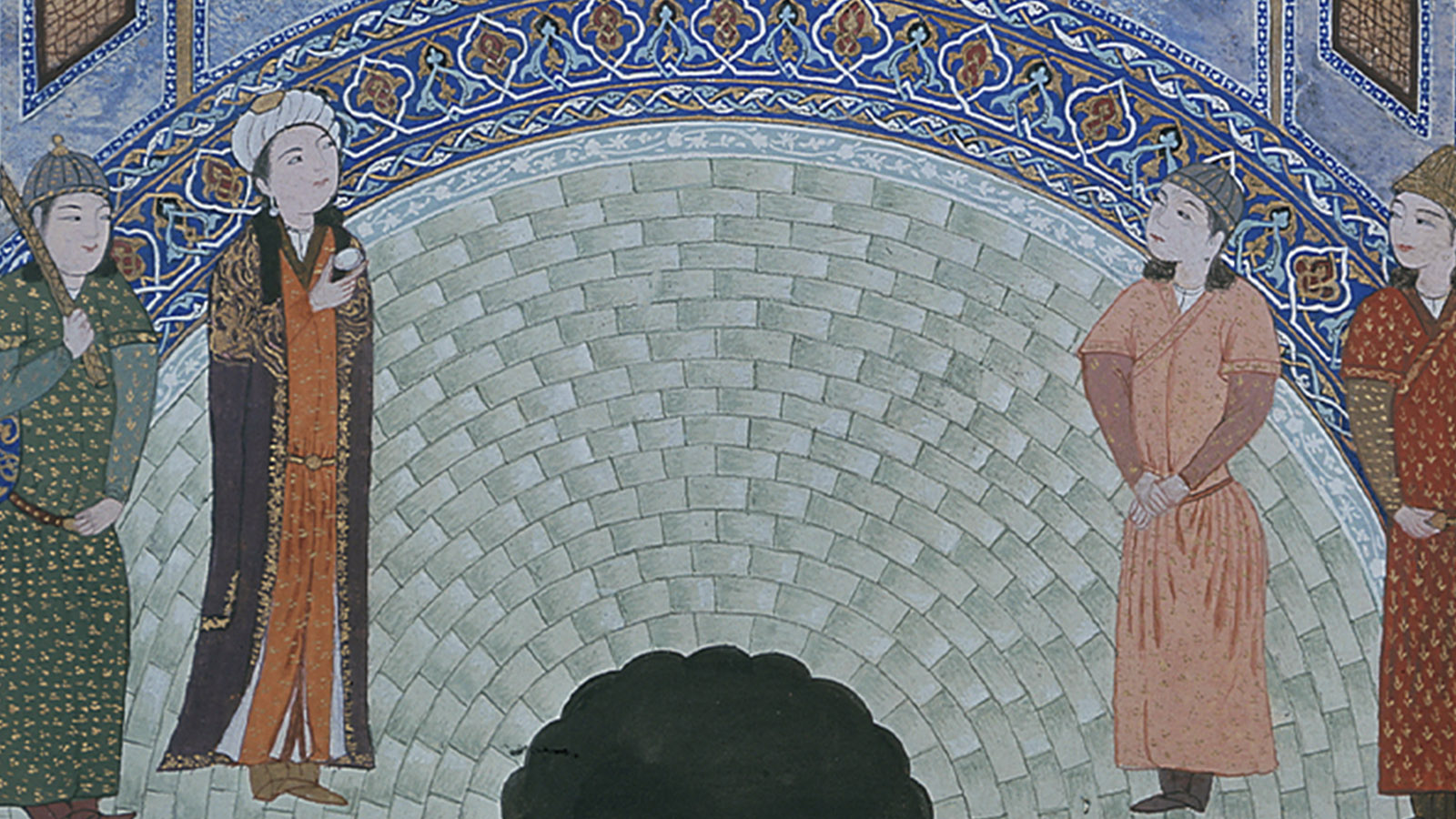Rothschild Family
The Rothschilds were a wealthy Jewish family, originally from Germany, who established a highly successful international banking firm during the second half of the 18th century. The founder of the Rothschild ‘empire’ was Mayer Amschel Rothschild, a banker born in Frankfurt. Mayer had five sons, who settled in the main financial centres of Europe (Frankfurt, Vienna, London, Naples and Paris), contributing to the development of the family fortune – and because, as a rule, they married cousins, the fortune remained within the family.
Mayer’s youngest son, Jakob Rothschild, moved to Paris and, in 1817, opened De Rothschild Frères, becoming an adviser to ministers and kings. Jakob’s sons continued the family business, making it even more prosperous. With a keen interest in philanthropy and the arts, the youngest, Edmond de Rothschild, founded various institutions for scientific research and financed archaeological digs, at the same time as starting his own collection of drawings, engravings and books. Edmond donated part of his collection to the Musée du Louvre and bequeathed another part to his son.
In 1923, Edmond gave the prestigious Anthology of Sultan Iskandar to Calouste Gulbenkian for his collection. It is believed that this gift was not merely a sign of the friendship between the two collectors, but also recompense for the advice Gulbenkian offered Rothschild, whose company wanted to start doing business in the oil industry. This anthology is a manuscript from the Timurid period, dedicated to Sultan Iskandar, Timur’s grandson.
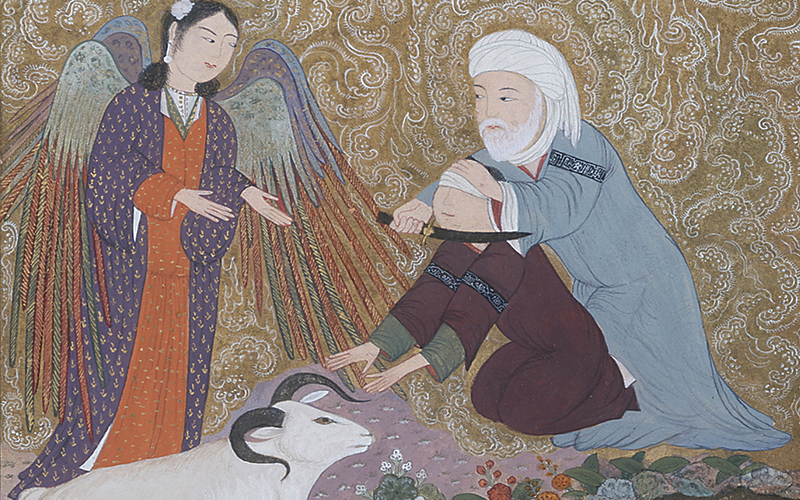
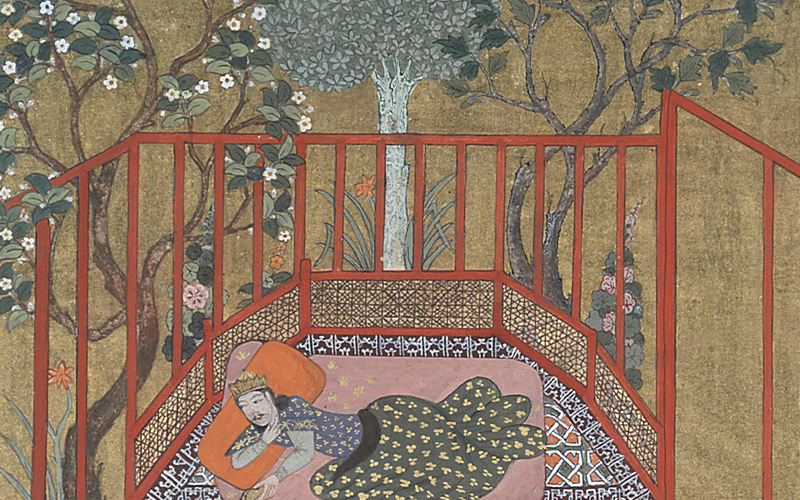
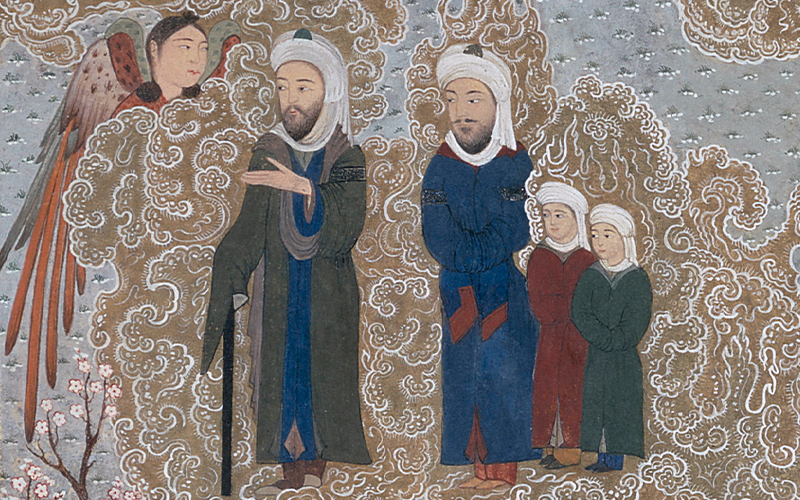
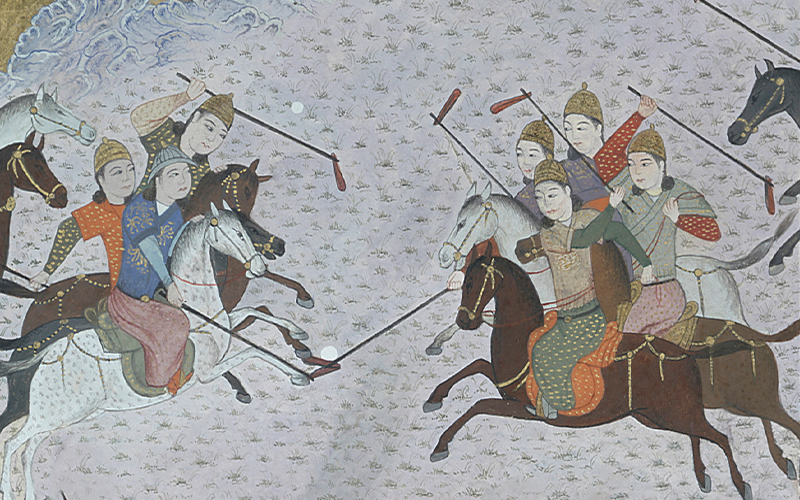
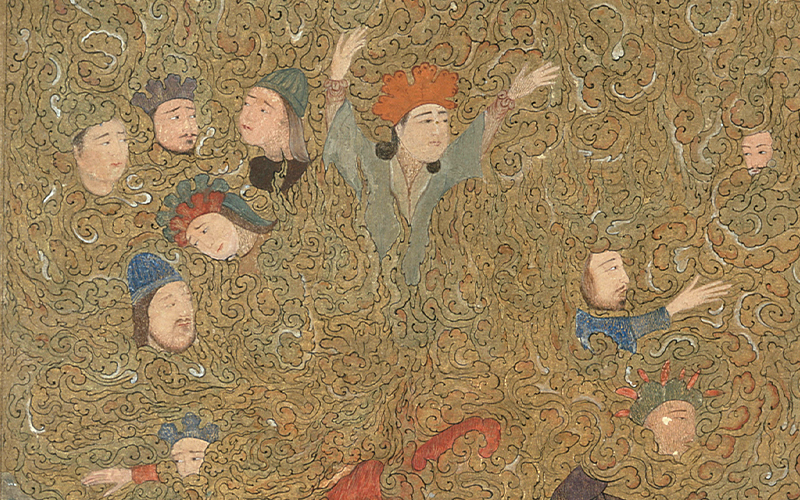
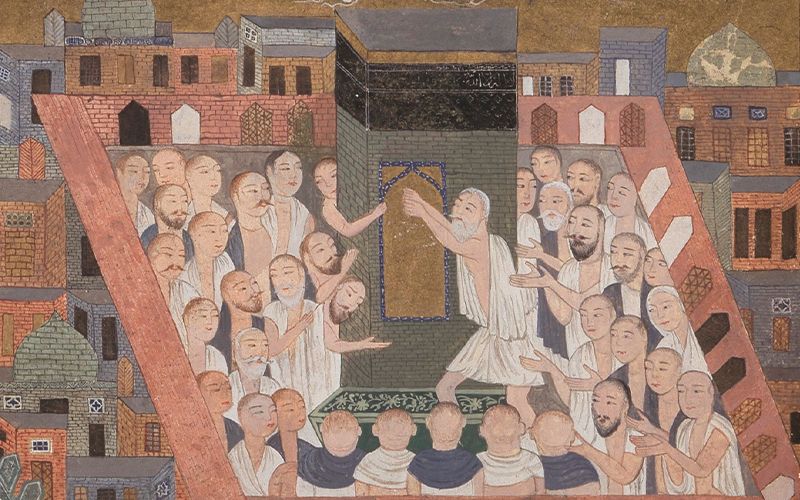
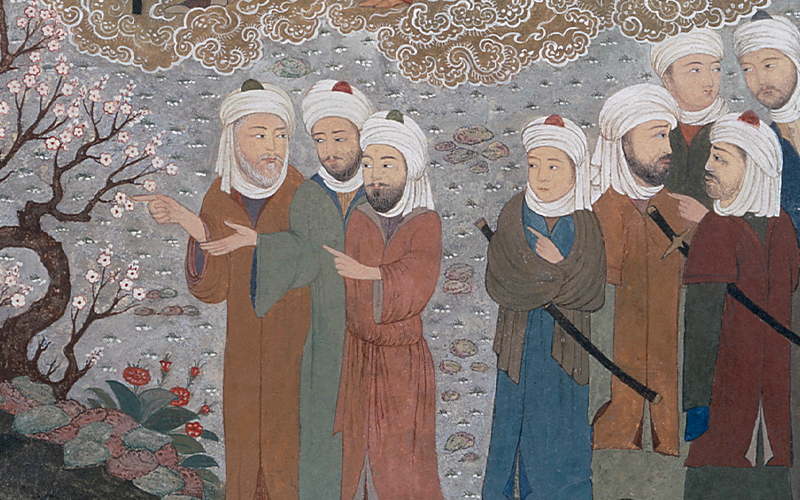
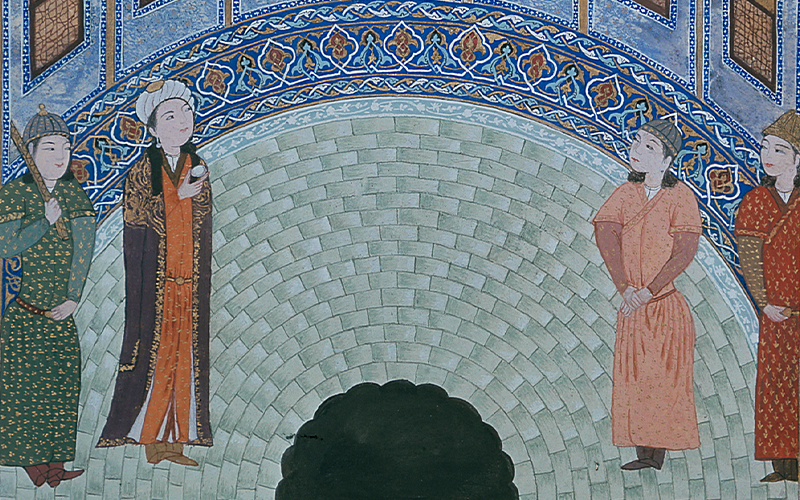
The Calouste Gulbenkian Museum also includes other works that belonged to Edmond’s brothers, Gustave and Alphonse de Rothschild, such as Mameluk glass and pieces of furniture.
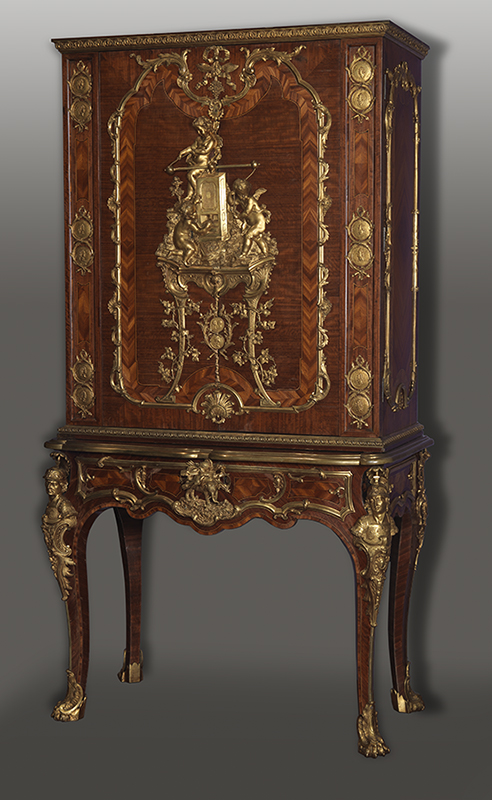
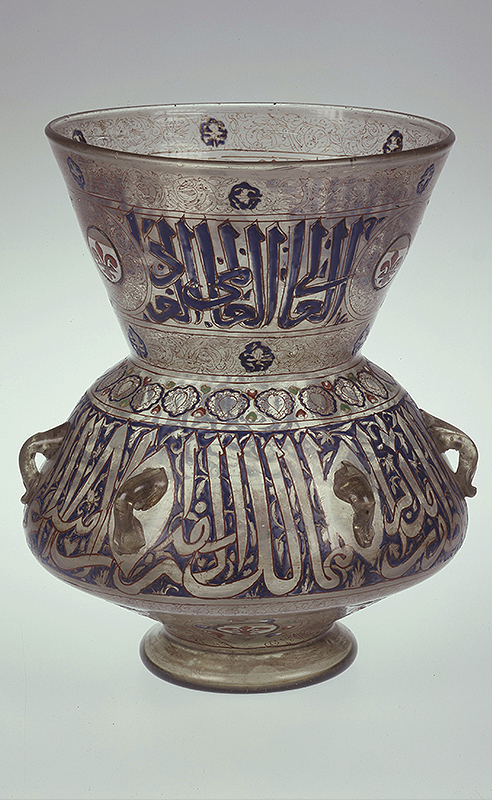
Gulbenkian also bought pieces from the collections of other members of the Rothschild empire, such as the French writer and playwright Henri Rothschild, a descendent of Nathan Mayer Rothschild, Mayer’s son who settled in London and created N M Rothschild & Sons Ltd. The family’s bank branches based in Naples, Frankfurt and Vienna closed one by one, with only those in London and Paris remaining open, as well as a new branch in Switzerland thought to have been founded by Edmond’s grandson.
Currently, the fortune is dispersed around the world, distributed between the various heirs. The name Rothschild is linked to a variety of areas, from mines and wines to financial services and charitable projects.
Collection of Stories
Where have the artworks been, before being acquired by Calouste Gulbenkian? Who were their authors and their protagonists? What curiosities do they hide? In this series, discover the various stories behind the Museum's collection.
